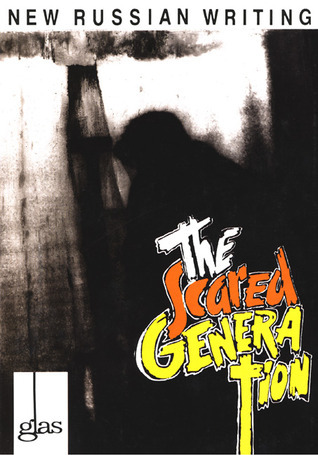What do you think?
Rate this book


232 pages, Paperback
First published January 1, 1995
Life moved on from one meeting to the next, from one campaign to the next, and each new campaign was more total, merciless and grotesque than all the rest put together. And all the time the atmosphere of guilt was being intensified, collective guilt and the guilt of each separate individual, which could never be redeemed in any way. One had continually to feel guilty, guilty, guilty and meekly accept all punishments, all criticisms and all sentences.
Gradually this feeling of constant, inexhaustible, frenzied guilt and the fear of shadowy powers-that-be became your alter-ego, your second nature and character.
Yet although it seemed as if the world was coming to an end [...] life was going on as usual.
Someone was living it up at a party, perhaps the first he had ever been to in his life; someone had stayed on at the office alone and was bent over a sheet of paper, composing an anonymous denunciation; someone was watching Maeterlink's The Blackbird for the first time; someone was having his arrest warrant written out; someone else was having her hair permed and waved; in the heat of bakeries, bread was being baked for the following morning; at an abattoir outside the city, a herd of mud-caked, exhausted, obtuse cattle, unfed before slaughter, was lowing; someone was speaking first words of love to someone else: ardent, devoted, heartfelt, faltering words for a lifetime and until the end of time; in little churches services were being held by the dim light of a wax candle; by the light of blazing chandeliers meetings to mark some jubilee were proceeding with a ceremonial gravitas that smothered all living truth; and someone was walking devastated out of cemetery gates; three-man tribunals were working impersonally and methodically, enclosed by the silence of fortress walls; and somewhere out in the woods on the outskirts of Moscow an old poet who would be hounded in years to come wandered along wintry paths, murmuring poetry with every last breath he could command.